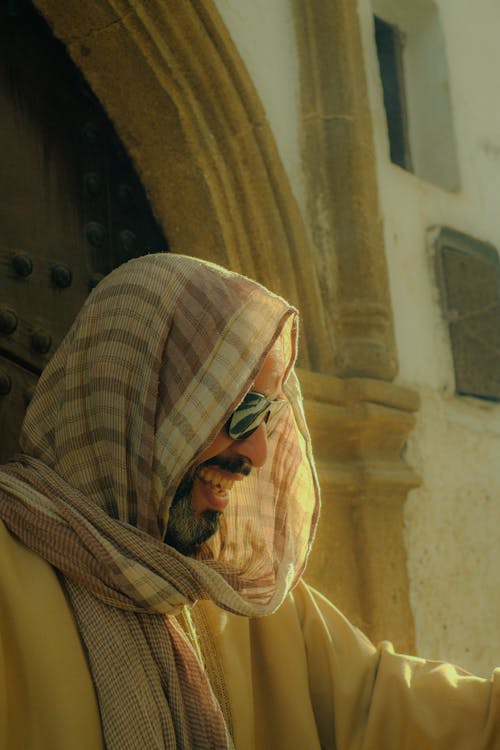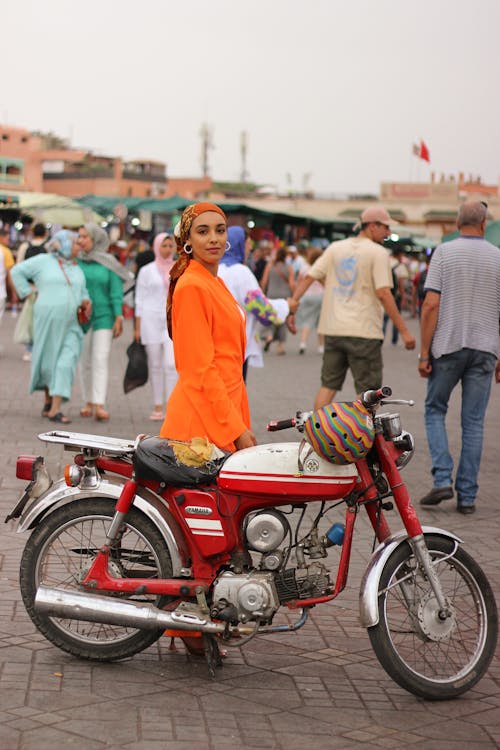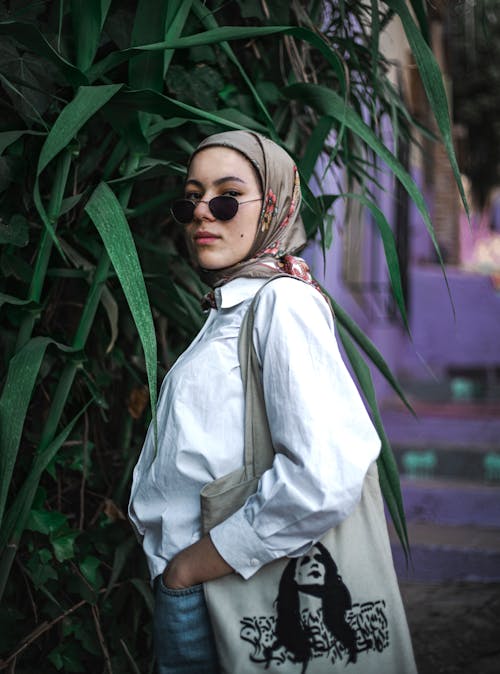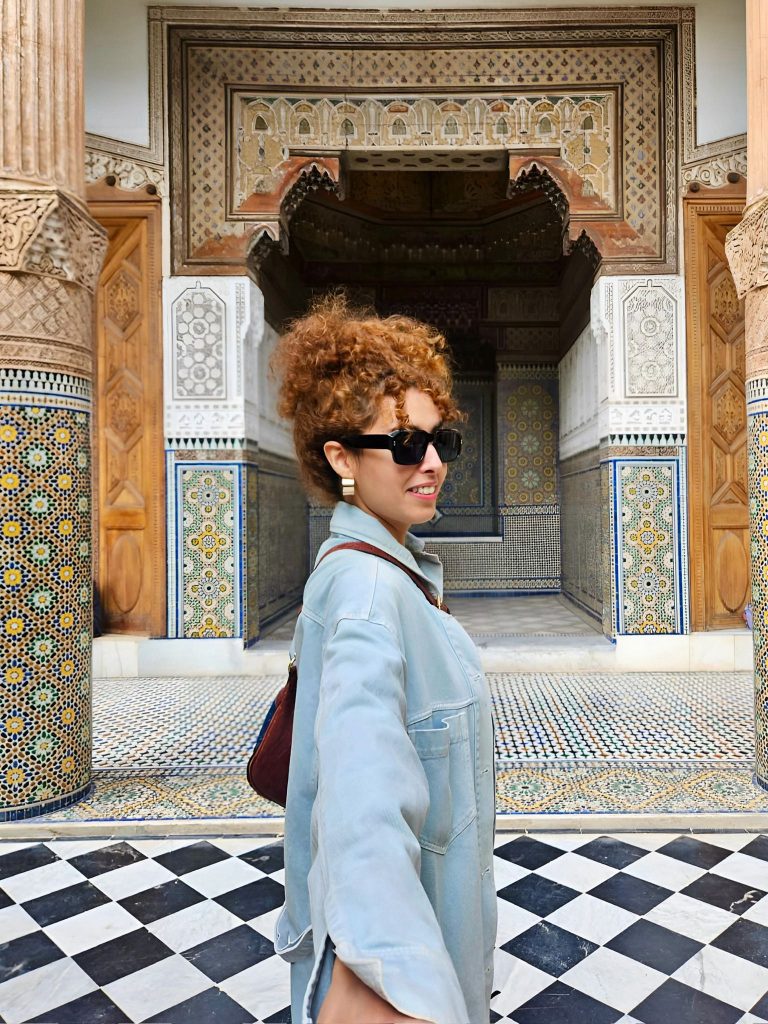Morocco, a country full of contrasts and lively culture, is home to people who show a special mix of old ways and modern life. While the country’s long history and different groups of people are often talked about, Moroccan people today are more than just their past—they are active individuals shaped by today’s world, connections around the globe, and changing ways of life. For those wanting to connect with Moroccan people in a deeper way, understanding what they value, their daily routines, and their cultural rules is important.

This article looks at who Moroccan people are today, offering ideas about their kindness to visitors, their traditions, how men and women relate, and ways to build real friendships with them.
Moroccan People: A Mix of Old and New
Moroccans live in a world where old customs exist alongside new ideas. While they have a deep respect for their history, they also accept change and progress. This balance gives Morocco its special feel—a country with a long past that is also looking to the future.
Kindness as a Way of Life
One of the most important qualities of Moroccan people is their kindness to guests. Visitors often say that Moroccans are warm, welcoming, and eager to share their culture. Being kind to guests is more than just offering mint tea—it’s about making visitors feel like part of the family. Whether you’re invited into someone’s home or talking with locals at a market, you’ll likely experience real kindness and generosity.

A Diverse Group of People
Today’s Moroccans include Arabs, Amazigh (also known as Berbers), Sahrawis, and smaller groups of Jews and Christians. This variety creates an open-minded society where people from different backgrounds live together peacefully. Cities like Casablanca and Rabat show Morocco’s modern side, while rural areas keep traditional ways of life based on farming and crafts.
Connecting with Moroccan People Today
If you want to build connections with Moroccan people—whether as someone traveling, a student, or someone living there—it’s important to approach interactions with respect and curiosity. Here are some useful ways to connect:
- Learn Basic Darija (Moroccan Arabic): Language is a strong way to connect. While many Moroccans in cities speak French or English, learning simple phrases in Darija can lead to deeper conversations. Simple greetings like “Salam alaykum” (peace be with you) or “Shukran” (thank you) show respect for the local culture.
- Respect Cultural Rules: Understanding Moroccan customs is key to building good relationships:
- Dress Modestly: In the countryside or at religious places, it’s good to wear clothes that cover your body.
- Be Polite: Greetings are important; always start conversations with a warm “Salam.”
- Accept Kindness: If offered mint tea or food, accept it politely—it’s a sign of friendship.
- Take Part in Local Activities: Joining local festivals or events is a great way to meet Moroccans:
- Go to music festivals like the Essaouira Gnawa World Music Festival.
- Explore cultural celebrations such as the Moussem of Tan-Tan.
- Join cooking classes to learn how to make Moroccan dishes like tagine or couscous.

How Men and Women Are Today in Morocco
Moroccan society has seen big changes in the roles of men and women over the years. While old expectations still exist, younger people are pushing for more fairness.
Moroccan Men: Traditionally seen as those who provide for the family, Moroccan men often have jobs that involve physical work or dealing with the public. However, men in cities are increasingly living modern lives that include sharing responsibilities at home.
Moroccan Women: The roles of women are changing quickly. More women are getting education and having careers in jobs that used to be mostly for men. Even with this progress, social pressures still affect women’s choices—especially in rural areas where old traditions are still strong.
The Importance of Family
Family is still very important in Moroccan life today. Many families live together or close by, creating strong connections between different generations. Children are expected to take care of their aging parents—showing the country’s focus on unity and respect for older people.
When connecting with Moroccans:
- Show interest in their family stories—they are often proud of their background.
- Understand that family duties might be more important than social plans.

How Moroccans Balance Old Ways and Progress
Moroccan people are good at mixing tradition with modern life:
- In cities like Marrakech or Rabat, you’ll find young professionals who follow global trends while respecting their cultural values.
- In rural areas, traditional crafts like weaving or pottery continue to do well alongside modern technology.
This ability to handle both old and new makes Moroccans able to adapt but also deeply connected to their roots—a quality that affects all parts of their lives.
Building Real Relationships
To truly connect with Moroccan people today:
- Be Open-Minded: Approach interactions without fixed ideas.
- Show Respect: Honor their traditions while appreciating them as individuals.
- Share Your Story: Moroccans enjoy sharing personal experiences—it’s a way to connect.
- Participate: Whether it’s joining a local celebration or learning how to make mint tea, being actively involved shows real interest.
At The End…
Moroccan people today are active individuals shaped by both tradition and modern life. They value kindness to guests, family connections, and pride in their culture while accepting progress and global influences. By learning about their customs and interacting respectfully, you can build meaningful connections that go beyond just surface-level interactions.

Whether you’re visiting Morocco for the first time or making lasting friendships with its people, remember that every smile shared over mint tea or story exchanged at a market shows the warmth and openness of this remarkable country. For more insights into Moroccan culture, history, and design, explore these articles: Why Are Moroccan Tiles and Architecture So Popular Even Now?, Instinctive Resonance: Rare Familiarity & Deep Connection, Fertility Symbolism in Moroccan Rugs: What You Should Know, Finding Joy in Eid: Remember What Really Matters, and She&Elle of Morocco.


